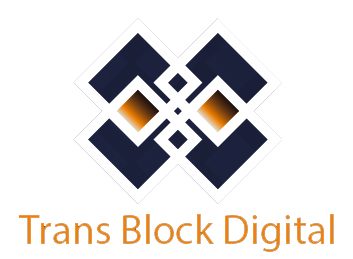In the aftermath of disappointingly slow COVID-19 stimulus payments, Congress hears testimony on using digital dollars to upgrade the U.S.’s legacy financial infrastructure.
On June 11, the Congressional Fintech Task Force held a hearing examining FedAccounts and a digital dollar as ways of expanding financial inclusion in the United States.
Particularly in the aftermath of greatly delayed $1200 stimulus payments directly to U.S. citizens, the digital dollar has gotten much more attention. A number of bills appeared in the wake of the CARES Act calling for FedAccounts and digital dollars as means of streamlining aid distribution.
Upgrading financial tools as a public good
Morgan Ricks, a law professor at Vanderbilt University who recently spoke with Cointelegraph about the digital dollar, said in today’s hearing “The system of money and payments is a public good. It is critical public infrastructure, akin to highways.”
Co-founder of the Digital Dollar Project and former CFTC Chairman J. Christopher Giancarlo similarly compared the current system to bridges of the last century now in disrepair: “Unless we act, this coming wave of innovation will put enormous strain on our aged financial system.”
Giancarlo commented to Cointelegraph in advance of today’s hearing.
“I think the sense of immediate urgency has indeed passed and I think that provides the time for reflection on the important issue: what the crisis revealed about the shortcomings in our accounts-based banking system when it comes to distribution of benefits and inclusion.“I believe that crises always reveal different things.”
Financial inclusion beyond aid
In her opening remarks, Mehrsa Baradaran, a professor at UC Irvine’s law school, said: “Though this recession is likely to make these problems more acute, the gaps in our exclusionary payments system are not new.” Baradaran similarly noted that many Americans are already using, for example, post offices as means of working around limited access to banks and checking services.
“No family should have to experience hunger simply because they don’t have a bank account,” agreed task force Chairman Stephen Lynch (D-MA).
Ranking Member of the Financial Services Committee Patrick McHenry (R-NC) asked Giancarlo to elaborate on what digital dollars have to do with financial inclusion, to which Giancarlo responded: “It’s about on-ramps into the financial system and making them as simple and accessible as possible.”
Chairwoman of the Financial Services Committee Maxine Waters (D-CA), who is the author of a bill at the heart of today’s discussion, summarized the quandary:
“Nearly 35 million people have received paper checks, not direct deposits to their bank accounts. However, I’m concerned that the people who most likely need stimulus payments may not even be able to deposit a paper check. […] Fintech companies are stepping into the unbanked space by marketing digital wallets as low-barrier alternatives to bank accounts for U.S. consumers.”
Financial Services Committee and crypto
The Fintech Task Force is often the tip of the spear in terms of how Congress interacts with crypto. It falls within the House Financial Services Committee, members of which are currently critical to deciding, for example, the fate of Facebook’s Libra.
It was, in fact, Chairwoman Waters who initially called on Facebook to halt that project just under a year ago, spurring a radical expansion of congressional interest in crypto as a whole.
